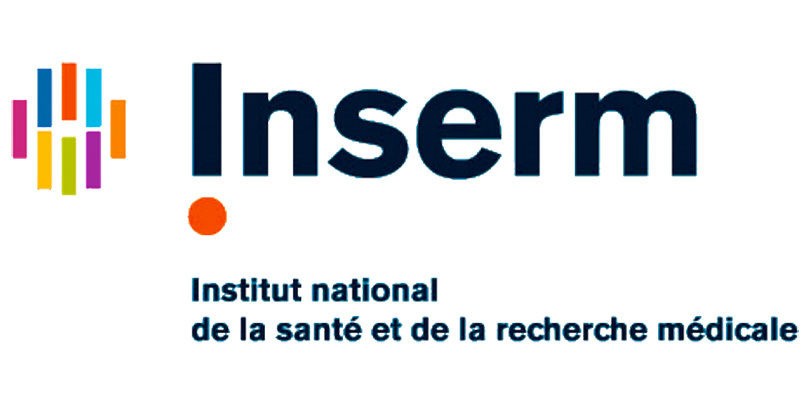Adherence to the Kidney Disease: Improving Global Outcomes CKD Guideline in Nephrology Practice Across Countries
Résumé
Introduction: The uptake of the Kidney Disease: Improving Global Outcomes (KDIGO) 2012 chronic kidney disease (CKD) Guideline is not fully described in real-world nephrology practice across the world. Methods: We used baseline data from the CKD Outcomes and Practice Patterns Study (2013–2017), a 4-country cohort of patients with estimated glomerular filtration rate <60 ml/min per 1.73 m2 recruited from national samples of nephrology clinics, to describe adherence to measures for monitoring and delaying CKD progression. Data were collected as in clinical practice, except laboratory measures per protocol in France. Results: The mean age ranged from 65 years in Brazil to 72 years in Germany. Albuminuria (mostly proteinuria) was measured routinely in 36% to 43% of patients in Brazil, Germany, and the United States. Blood pressure control (≤140/90 mm Hg) ranged from 49% in France to 76% in Brazil; <40% of patients had blood pressure ≤130/80 mm Hg everywhere but Brazil (52%). More than 40% of nephrologists in Brazil reported a systolic blood pressure target ≤130 mm Hg for nondiabetic patients without proteinuria, but only 19% to 24% elsewhere. Prescription of renin-angiotensin aldosterone system inhibitors ranged from 52% in the United States to 81% in Germany. Dietary advice was more frequent for salt than protein intake; dietitian visits were uncommon. In nondiabetic patients, achievement of all 3 targets including blood pressure ≤130/80 mm Hg, renin-angiotensin aldosterone system inhibition, and dietary advice, ranged from 10% in the United States to 32% in Brazil; in treated diabetic patients, this ranged from 6% to 11% after including hemoglobin A1c target. Conclusion: Adherence to recommendations to slow CKD progression is low in typical practice settings, and substantial variation among countries for some indicates opportunities for improvement.
Origine : Fichiers produits par l'(les) auteur(s)






